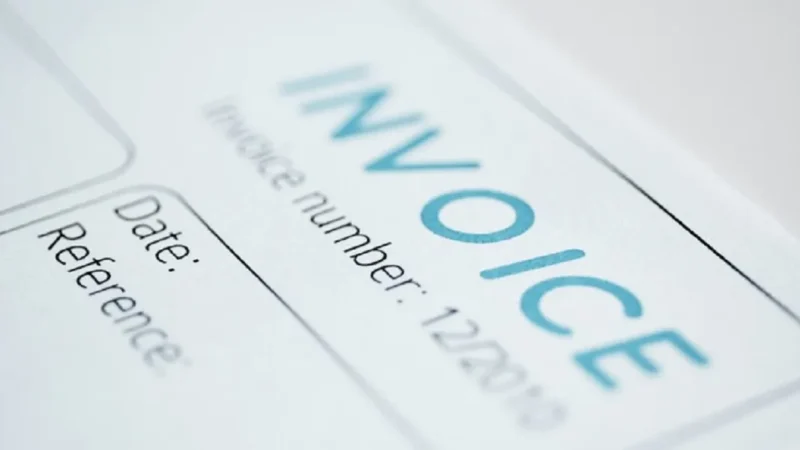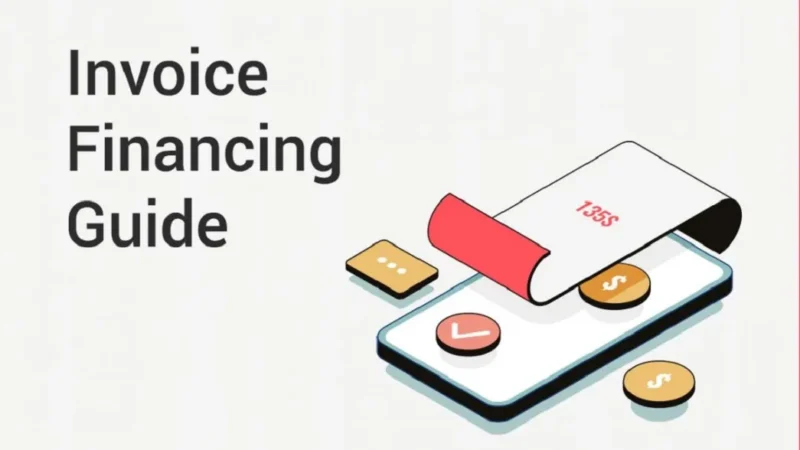How Much Deposit Do You Need For Bridging Finance?

Table of Contents
ToggleWhat is the minimum deposit for a bridging loan?
The amount of deposit you need for bridging finance will vary depending on the lender and the specific circumstances of your loan. However, as a general rule, you can expect to require a deposit of at least 20-40% of the total loan amount. Sometimes, you can get a bridging loan with a lower or no deposit. However, this will likely be more expensive and come with stricter criteria.
Here are some factors that can affect the amount of deposit you need for bridging finance:
- The loan-to-value ratio (LTV): This is the ratio of the loan amount to the value of the property used as security for the loan. The higher the LTV, the higher the risk for the lender, so they will typically require a larger deposit.
- Your credit history: Lenders will be more likely to offer you a bridging loan with a lower deposit if you have a good credit history.
- The purpose of the loan: If you are using the bridging loan to purchase a new property, you may be able to get a loan with a lower deposit. However, you may need a larger deposit if you use the loan to refinance an existing loan or for other purposes.
What are the requirements for a bridging loan?
The requirements for a bridging loan will vary depending on the lender, but some general requirements are common to most bridging lenders. These include:
- A valid property: Bridging loans are typically secured against property, so you must own a property or have one in mind that you want to purchase. The lender must value the property and must be worth enough to cover the loan amount.
- A clear exit strategy: Bridging loans are short-term loans, so you must have a clear plan to repay the loan within the agreed term. This could involve selling the property, refinancing the loan, or using other sources of income to repay the loan.
- A good credit history: Lenders will want to see that you have a good credit history and can manage your finances responsibly.
- A deposit: Most bridging lenders will require a deposit of at least 20-40% of the loan amount. However, the deposit requirement may vary depending on the lender and your circumstances.
Can you get a bridging loan for a deposit?
No, you cannot get a bridging loan for a deposit on another property with a standard mortgage. A mortgage provider won’t accept a loan from another lender as their deposit.
Bridging loans typically cover the gap between selling one property and buying another. For example, if you have found your dream home but have yet to find a buyer for your existing property, a bridging loan can help you purchase the new property without selling your existing property first.
Bridging loans are also sometimes used to finance property development projects. For example, if you are developing a new property, you may need a bridging loan to cover the construction costs until the property is complete and sold.
How much equity do you need for a bridging loan?
The amount of equity you need for a bridging loan will vary depending on the lender and the specific circumstances of your loan. However, as a general rule, you can expect to need a minimum of 20-40% equity in the property that you are using as security for the loan.
Equity is the difference between the value of your property and the amount you owe on your mortgage. For example, if your property is worth £200,000 and you owe £100,000 on your mortgage, you have £100,000 of equity.
How much can I borrow as a bridging loan?
The amount you can borrow as a bridging loan will depend on several factors, including:
- The value of the property you are using as security for the loan
- Your equity stake in the property
- Your credit history
- The purpose of the loan
- The term of the loan
Bridging lenders typically lend up to 70% of the property’s value, but in some cases they may be willing to lend more, depending on the other factors mentioned above.
For example, if you have a property worth £200,000 and owe £100,000 on your mortgage, you have £100,000 of equity. If you are using this property as security for a bridging loan, you may be able to borrow up to £140,000 (70% of the property’s value).
However, if you have a poor credit history or the loan’s purpose is considered high risk, the lender may be less willing to lend you the full 70%. In this case, you may only be able to borrow 50% or 60% of the property’s value.
Can I get 100% LTV bridging loan?
It is possible to get a 100% LTV bridging loan, but it is uncommon. Bridging lenders typically require borrowers to have some equity in the property they are using as security for the loan, as this reduces the risk for the lender. However, some lenders may be willing to offer a 100% LTV bridging loan in certain circumstances, such as:
- If the borrower has a good credit history and a strong track record of repaying loans.
- If the borrower is using the bridging loan to purchase a property that is significantly undervalued.
- If the borrower can provide additional security, such as a charge on another property or a guarantor.
However, it is essential to note that 100% LTV bridging loans are likely more expensive than bridging loans with a lower LTV. This is because the lender is taking on more risk by lending the property’s full value.
Do you pay a bridging loan monthly?
Typically, you do not pay a bridging loan monthly. Instead, the interest on the loan is rolled up and added to the principal amount, which is then repaid in full at the end of the loan term.
However, some bridging lenders do offer the option to make monthly repayments. This can be useful if you want to reduce the interest you pay on the loan. However, it is important to note that monthly repayments are typically more expensive than a lump sum repayment at the end of the loan term.
If you are considering taking out a bridging loan with monthly repayments, comparing offers from different lenders is essential to find the best deal. It would help if you also spoke to a financial advisor to discuss your circumstances and ensure this option is right for you.
Which UK banks offer bridging loans?
Here are some UK banks that offer bridging loans:
- NatWest
- HSBC
- Bank of Scotland
- Barclays
- Halifax
- Lloyds
- RBS
- Santander
- Aldermore Bank
- United Trust Bank
- MTF Finance
- Precise Mortgages
However, it is essential to note that not all banks offer bridging loans to all customers. Some banks may only offer bridging loans to existing customers or customers with a good credit history. It is also important to note that the bridging loan products offered by each bank will vary.
Is it easy to get a bridging loan?
Bridging loans are typically more difficult to get than traditional mortgages. This is because bridging loans are short-term loans often used for more complex purposes, such as bridging the gap between selling one property and buying another.
However, it is still possible to get a bridging loan, even if you have a poor credit history or a limited amount of equity in your property. Several bridging lenders specialize in lending to borrowers with more complex needs.
Here are some tips for getting a bridging loan:
- Have a clear and concise loan proposal.
- Provide evidence of your income and assets.
- Get a valuation of the property you use as security for the loan.
- Be prepared to pay a higher interest rate and fees.
If you struggle to get a bridging loan from a traditional lender, consider speaking to a bridging broker. Bridging brokers can help you find lenders willing to consider your application.
Here are some of the factors that can make it more difficult to get a bridging loan:
- Poor credit history
- Limited equity in the property
- Complex loan purpose
- Short loan term
If you have any of these factors, you may need to provide additional information or documentation to support your application. You may also need to pay a higher interest rate and fees.
It is important to speak to a financial advisor to discuss your circumstances and ensure that a bridging loan is the right option.






